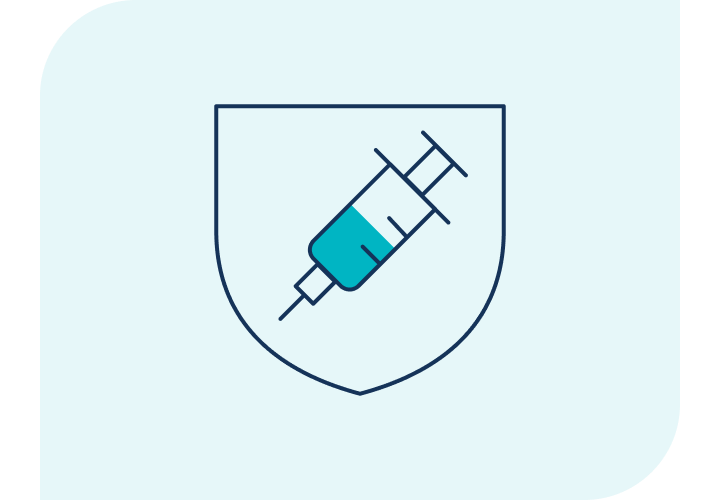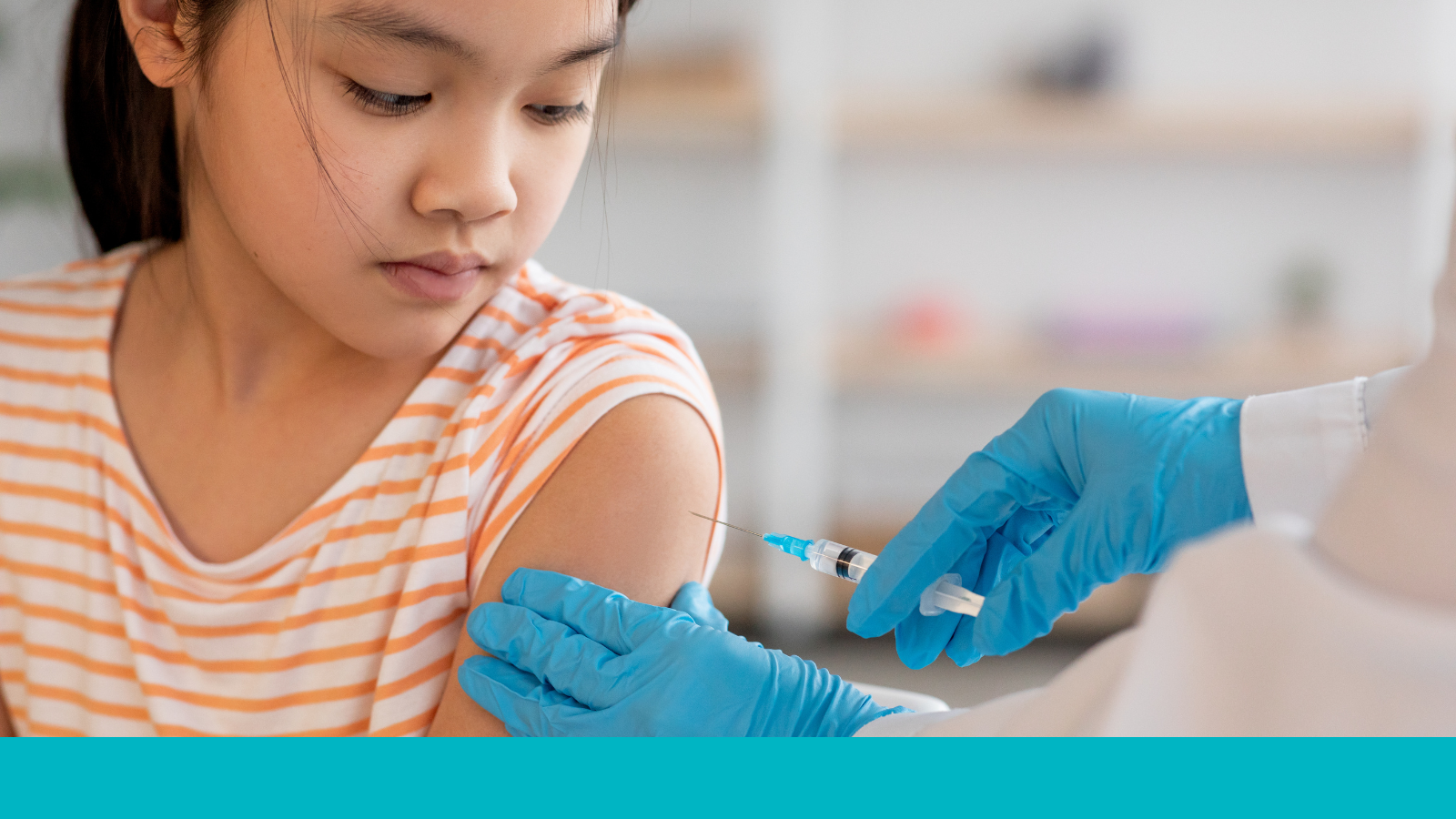Talking Points
New research from PHCC and Perry Undem shows that messages about scientific rigor, the effectiveness of vaccines throughout history, and the seriousness of the illnesses vaccines protect against lead to more discussion and curiosity about vaccines.
Use the following talking points to discuss vaccine development, safety, and effectiveness.
Vaccine Development Timeline
- Every vaccine goes through a transparent and rigorous development process. Vaccines are constantly monitored, from the early stages of research to their public release, and beyond.
- Some vaccines undergo a shorter-than-usual timeline for the same standard development and testing phases. These vaccines can be developed quickly because of decades of previous vaccine research, global collaborations, and overlapping development and testing phases.
Vaccine Review and Monitoring
- The Centers for Disease Control and Prevention (CDC) and Food and Drug Administration (FDA) require a rigorous vaccine testing process because it ensures that people receive the greatest benefit from vaccines in the safest manner.
- The CDC and FDA continue to monitor the vaccine development process, manufacturing facilities, and overall safety and effectiveness once it is released to the public.
Vaccine Safety and Effectiveness
- Vaccines are the best way to protect yourself against preventable, serious diseases that once routinely harmed or killed people in the United States.
- Vaccines have a proven track record of reducing disease. Many people you know are vaccinated against diseases that once were very common and caused serious illness and even death.
What to Know About Placebo-Controlled Trials and Other Kinds of Comparison Studies
Placebo-controlled trials are appearing in the news and conversations on social media more frequently. Use these talking points to answer your community members’ questions about this kind of trial, when it is typically used, and when a different type of comparison study may be used.
Added June 20, 2025
- One way that scientists test the safety and efficacy of a new vaccine is by comparing it to an immunologically inactive substance: a substance that does not include any active elements of a vaccine. An immunologically inactive substance is also called a placebo. In a comparison study, also known as a placebo-controlled trial, some participants receive the vaccine being tested. The other participants receive a placebo, like a saltwater solution, that does not actually impact the body’s response to an infection. Comparing the outcomes of these two participant groups helps scientists determine whether receiving the vaccine is better than not receiving the vaccine.
- Other kinds of comparison studies don’t use an immunologically inactive placebo but still provide the evidence needed to determine whether a vaccine is safe and effective. For example, when testing a vaccine intended to replace an existing, older version of the same vaccine, researchers often conduct an active control (or comparator) trial, in which some participants receive the older version of the vaccine, and the rest of the participants receive the vaccine that is undergoing testing.
- In most cases, it is unethical to give trial participants an immunologically inactive placebo if an older version of a vaccine exists. Those participants and/or their caregivers would not know that they haven’t received a vaccine, putting them at unnecessary risk for serious illness. Comparing a new vaccine with an older version provides protection to trial participants and still produces the necessary data to understand whether a vaccine is safe, effective, and ready for public use.
- Ultimately, all vaccines are tested through some kind of comparison trial. Every vaccine is different, and so are the methods used to test each vaccine. Scientists determine which kinds of comparison trials to use based on what is safest, most ethical, and builds on the foundation of what has been learned from previous trials.
- Once a new or updated vaccine is being used by the public, the CDC and FDA continue to monitor its safety and effectiveness through various reporting systems, safety assessments, and collaborations with other government agencies and non-government partners.








